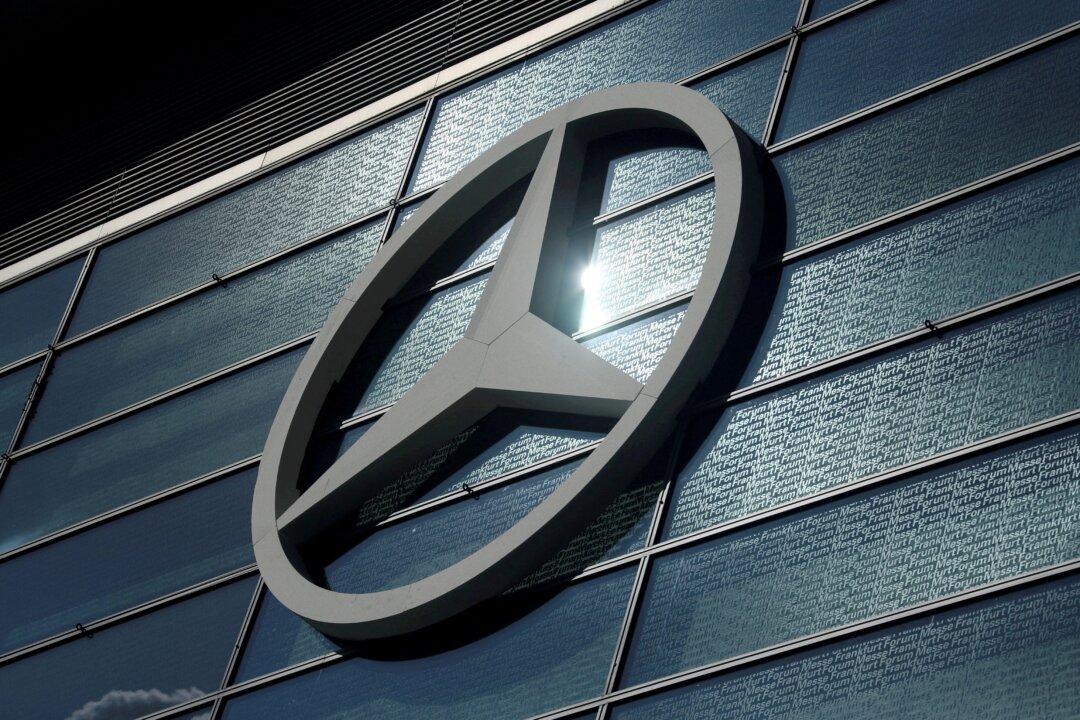MOSCOW—Russian President Vladimir Putin on Monday approved the sale of Mercedes-Benz’s local financial services division to Russian car dealer Avtodom, nudging the German automaker closer towards fully offloading its Russian assets.
Mercedes-Benz suspended production at its factory in Russia and halted exports to the country last March, and said in October it would fully quit the Russian market, selling stakes in its Russian assets to a local investor.





